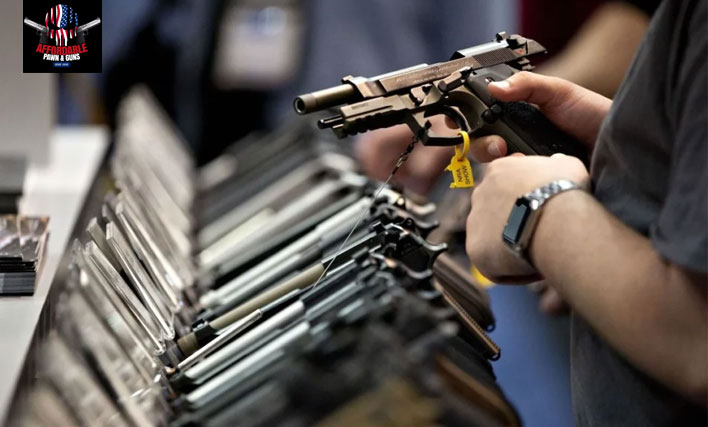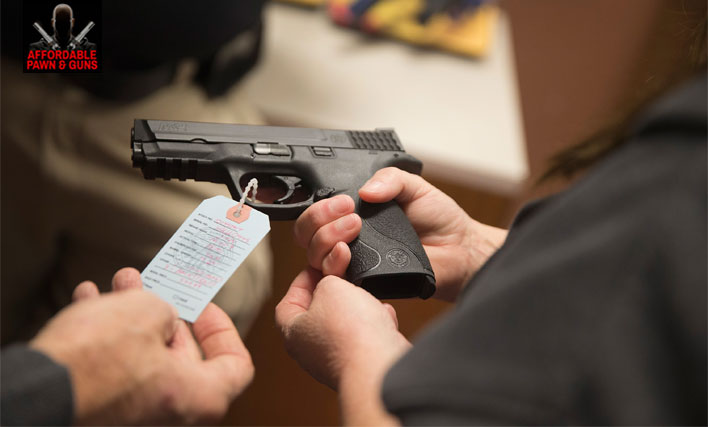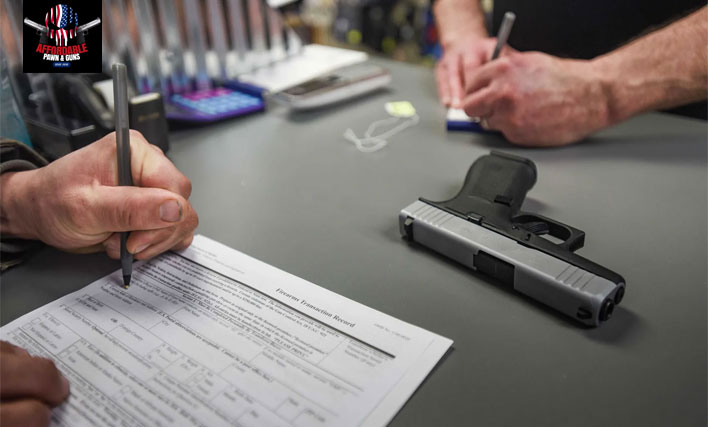
Overview:
Choosing the perfect firearm can be a daunting task, especially with the vast number of options available on the market. This comprehensive guide aims to provide you with the following essential tips to help you make an informed decision while considering your personal preferences, needs, and safety requirements.
1. Determine your purpose:
Before diving into the selection process, clarify why you intend to purchase a firearm. Do you need it for self-defense, competition shooting, hunting, or just recreational shooting?
2. Research gun laws:
Familiarize yourself with the laws and regulations in your jurisdiction regarding firearm ownership, permits, and restrictions. This knowledge will help you choose a firearm that is legal and suits your needs within the legal framework.
3. Seek professional advice:
Consult with firearms experts or visit a reputable gun store to get professional advice. They can guide you based on your experience level, physical abilities, and other factors relevant to your firearm selection process.
4. Consider your comfort and fit:
Handling a firearm should feel comfortable and natural. Different firearms have varying grips, sizes, and weights, so try out multiple models to find one that fits your hand well, balances properly, and feels comfortable to shoot.
5. Gauge your experience level:
Assess your experience level and skill with firearms. If you are a beginner, it is advisable to start with a firearm that is easy to handle, such as a .22 caliber pistol or a smaller gauge shotgun. More experienced shooters may opt for higher calibers or specialized firearms for specific purposes.
6. Budget wisely:
Determine your budget and be realistic about the costs associated with firearm ownership. Consider not only the cost of the firearm itself, but also accessories like holsters, magazines, ammunition, and range fees. Set a budget that allows you to purchase a quality firearm without compromising on essential accessories and training.
7. Research different types of firearms:
There are various types of firearms, including pistols, revolvers, shotguns, and rifles. Each has its own advantages and disadvantages, so research and compare them to find the best fit for your purpose and preferences.
8. Consider ammunition availability:
Before settling on a specific firearm, consider the availability and cost of ammunition for that particular caliber. Availability can vary regionally, so choose a firearm that has commonly available ammunition to ensure you can easily find supplies.
9. Size and weight:
Think about the size and weight of the firearm you are considering. If you plan to carry it concealed, a compact and lightweight option may be more suitable. However, if you're primarily using it for home defense or range use, a larger, heavier firearm may offer better stability and recoil control.
10. Test before buying:
Whenever possible, try out different firearms before making a purchase. Many shooting ranges offer rentals or have firearms for you to try out. Take advantage of this opportunity to test various models and see how they feel and perform in your hands.
Conclusion:
Remember, choosing the perfect firearm takes time and careful consideration. By following these above tips, you will be armed with the knowledge and information needed to make an informed decision that suits your needs, preferences, and safety requirements.
More Posts





